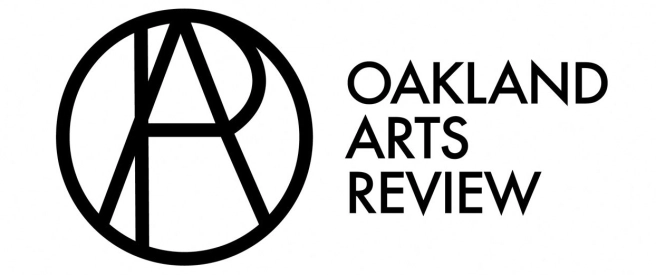This is the last publication in a four part series in which contributors from our 2019/2020 issues are interviewed on the topic of their published work– in the case of this series, the topics discussed will deal with race and racism. The United States is in the midst of a great awakening and it is imperative that we take the time to educate ourselves on what’s going on, why this is happening and how we can help; that starts with uplifting the voices of BIPOC wherever possible and listening to their stories and struggles about life in America. Today we’re highlighting Kia Addison, whose piece “I Inherit My Weariness” can be found in our 2020 Vol. 5 issue. It can be read here: I Inherit My Weariness
I Inherit My Weariness, at its base level, is about intergenerational trauma. I wrote it while contemplating my own relationship with trauma, and how it is influenced by and exacerbated by internalized sexism and racism in my family. I hope readers, particularly women, hear echoes of their own mothers and grandmothers and break the cycle of trauma in themselves.
I find myself both fascinated and hurt by the reactions to the Black Lives Matter Movement. It is a fight with a long history and noble lineage, meaning it’s hardly anything new. The images of police brutality, institutional racism and white fragility have been written of, spoken about, and protested for generations. I find these efforts only become classified as “Movements” when white people start paying attention every half-century or so.
3) If there is one thing you could tell Americans in regards to BLM, what would it be?
You know that stereotype. The one where Americans don’t know anything about the rest of the world? Well, we don’t know much about ourselves either. To every American, I remind you of your innate right and responsibility to educate yourself. Don’t wait for a Black friend to call you out; or correct your offensive joke; or pull you aside to show you the latest Karen video. We have enough responsibilities and problems and worries; your education about a country you live in should not be one of them. Google has been invented.
4) What is your personal experience in being a POC & an artist? Do you feel there is a difference in the treatment of POC in the arts?
I was discussing this exact question with a friend of mine. We observed that when works by POC are taught or discussed, the conversation rarely centers around the style, rhythm, or diction that the author employs. All things which are examined in great depths with non-POC writers. The value of a piece written by a person of color is what it taught a white audience about racism or how “The other” person lives. How it shocked or touched a white audience, opened their eyes, or punched them in the gut. It’s as if my inherent value as a Black artist is irrevocably tied to what I can do for white people; my mind, talent, labors, and body are a commodity even in this industry which prides itself on inclusivity.
5) Tell me about yourself and your personal journey as an artist/writer
I’ve always been a reader. It’s a point of pride for me. For so long, my ancestors were prohibited by law from even learning the alphabet in this country. When I read a book, I feel as if I’ve claimed victory over something, a subtle F*CK YOU to those white slave owners.
That being the case, it’s funny that when I first started writing, it was a disaster. I wrote my first novel in this tattered zebra-bound journal with a broken spine and cover stained with ketchup. I was in sixth grade, and at that time I did not “believe” in using punctuation (meaning I didn’t know how to use commas, periods, or semicolons but I wanted people to think I wasn’t ignorant, just ideologically opposed to rules). Because of that, my first novel was two hundred and fifty pages of a single run-on sentence and incorrect grammar. I didn’t think I was going to be a writer. It was supposed to be a hobby, a way to blow off steam, except I just didn’t stop. I didn’t start seriously writing poetry until High School, and it was like stumbling across an old friend. I love how I can explore and connect with the world in my poems and stories. I love who I am when I’m writing. I love the revelations I get only from writing my thoughts down on a blank page. I always say that the blank page is like my therapist, I just can’t lie to it.

1 thought on “Highlighting Past and Present OAR Contributors–Topic: Race & Racism Part 4”
Hi, this is a comment.
To get started with moderating, editing, and deleting comments, please visit the Comments screen in the dashboard.
Commenter avatars come from Gravatar.